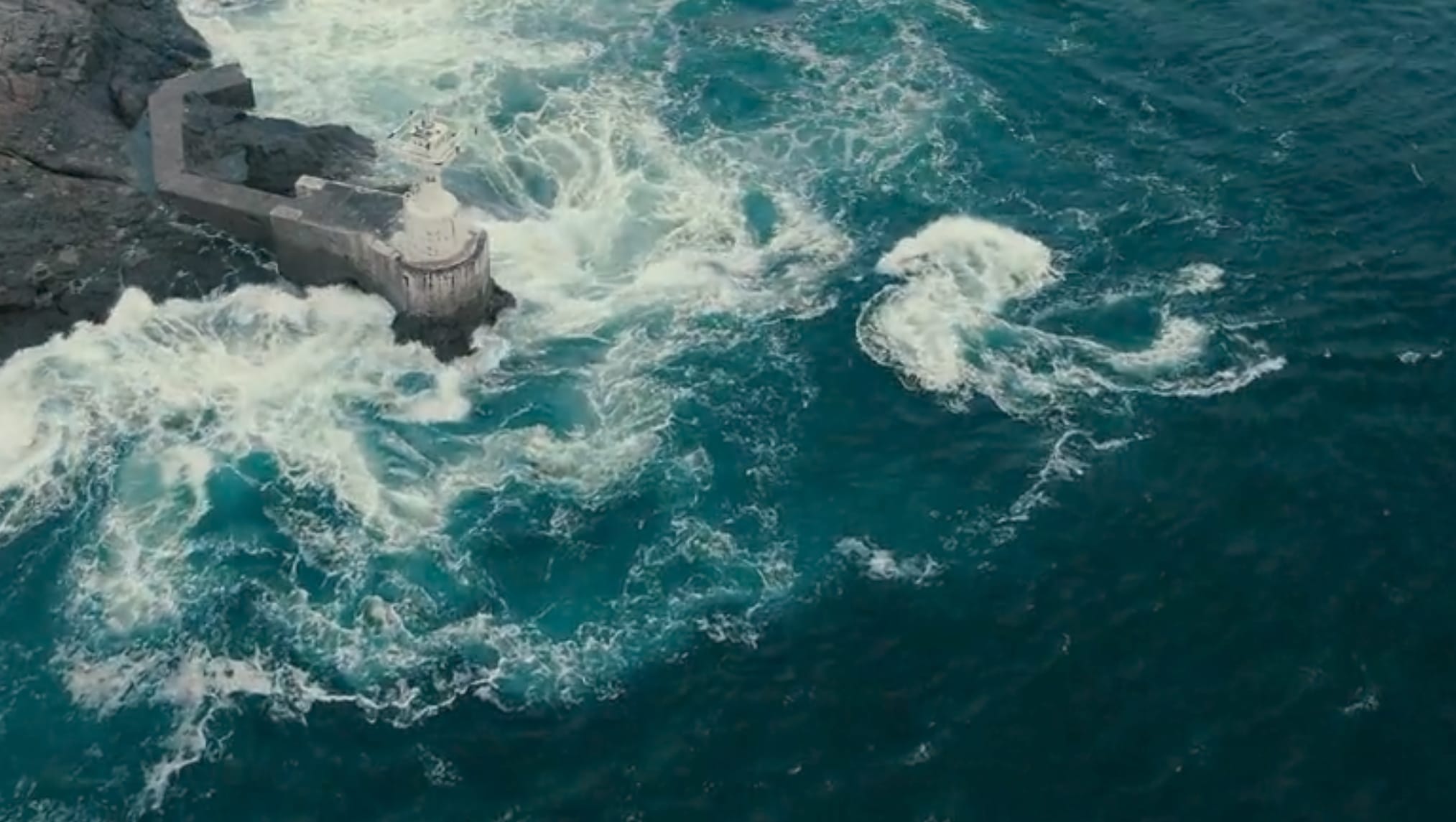In a world obsessed with endless growth, we need to start asking different questions. This isn’t just about sustainability – it’s about fundamentally reimagining how we measure success. It’s about making invisible problems visible and encouraging innovative thinking that goes beyond the traditional metrics.
“Growth for the sake of growth is the ideology of a cancer cell”
Edward Abbey
Imagine yourself in that familiar quarterly review meeting. Your screen displays an endless parade of metrics – all trending up and to the right. Revenue growth, user acquisition, market expansion. The senior executives nod approvingly. By every standard measure, you’re successful.
Only… something feels wrong. You realise you’re celebrating the very things that keep you awake at night – more resources consumed, more waste generated, more human attention captured. Success and destruction have become the same thing.
Through the window of your meeting room, high-tech glass towers reach ever higher, their reflective surfaces mirroring our collective obsession with upward trajectories. Like a garden invaded by an aggressive species, our economic landscape has become a monoculture of growth. Each building, each business, each initiative competing for the same limited resources, stretching toward the same sun.
The growth paradox
The pursuit of endless growth isn’t just a system we’ve created – it’s a story we’ve internalised, a pattern etched into our cultural DNA. Look in any mirror and you’ll see it reflected: we’re forever striving to be better, bigger, more. We measure our worth by our trajectory – always up, always forward, always more than yesterday.
This pattern radiates outward from our personal lives into every sector of society. We chase mindfulness through productivity apps, measure our worth through social media metrics, and validate our existence through consumption. Our organisations mirror this same desperate dance:
Tech companies design addictive features then give us digital wellness tools. Beauty brands create insecurities then offer solutions. Food companies add sugar to everything then market sugar-free alternatives. Each industry engineers a need, then sells us the means to fulfil it — while carefully ensuring the void never quite closes.
The tragic irony? We’ve become willing participants in this cycle. We celebrate startup founders who sacrifice their health for growth, applaud companies that destroy local businesses in the name of scale, and admire individuals who turn their entire lives into optimisation projects. The system works because we’ve accepted its fundamental premise: that worth equals growth, that enough is never enough, that standing still means falling behind.
Nature’s different story
Yet nature, our oldest and wisest teacher, tells a fundamentally different story. In natural systems, growth is always part of a larger cycle:
growth → maturity → decay → regeneration
Each phase is essential, each feeding the next in an eternal cycle of renewal. Have you ever seen a tree growing without limit? A forest doesn’t endlessly expand; it deepens, enriches, regenerates. When a great tree falls, it doesn’t diminish the forest – it creates an opening for new life, its decay feeding the next generation. The true measure of forest health isn’t in its constant expansion, but in its ability to maintain this regenerative cycle.
Imagining a regenerative future
There’s a palpable shift in the air. Like the first shoots breaking through after a forest fire, new possibilities are taking root in the ashes of our growth-obsessed world. Imagine walking through a city where success is measured by the depth of connections, not the height of buildings.
In this emerging world, innovation has rediscovered its soul. Development teams celebrate the elegance of simplicity – the features removed, the interfaces simplified, the complexity eliminated. Digital tools feel like natural extensions of human thought rather than obstacles to it. The metric of success isn’t user engagement but user liberation – how much time people saved, how much clearer their thinking became.
Manufacturing hums with a different energy. Repair workshops are busier than production lines, and that’s exactly the point. Quarterly reports track products given new life, skills passed on, materials kept in circulation. Success smells like metal polish and well-oiled machines, not fresh plastic and packaging.
A new measure of success
Headlines in this future read differently: “Company achieves optimal size, deepens community impact” “Product so simple, no manual needed” “Organisation celebrates decade of regenerative practice”
These aren’t signs of stagnation – they’re markers of maturity, of enterprises that have grown up rather than just grown big. They represent a fundamental shift in how we measure value and success.
At Liminal, we’re actively exploring this shift from growth to regeneration. Our approach to service design and innovation focuses on creating sustainable value rather than just driving metrics. We help organisations:
- Develop regenerative business models that create value for all stakeholders
- Design services that enhance human connection rather than replace it
- Build products that simplify rather than complicate
- Create strategies that measure success through impact, not just growth
The shift from growth to regeneration isn’t a distant dream but an unfolding reality. We see it in communities rediscovering the power of local connections, in organisations experimenting with new measures of success, in individuals finding deeper satisfaction in regenerative work.
We face unprecedented global challenges, yet our greatest opportunity lies in our ability to adapt and change—where we can imagine different futures while remaining grounded in practical reality. These liminal spaces are where humans naturally thrive, where transformation becomes possible, and where the careful work of systemic change begins.
Ready to explore what regenerative success could mean for your organisation? Let’s have a conversation about thriving in liminality.
Think of it, humans thrive in liminality!
Frank

